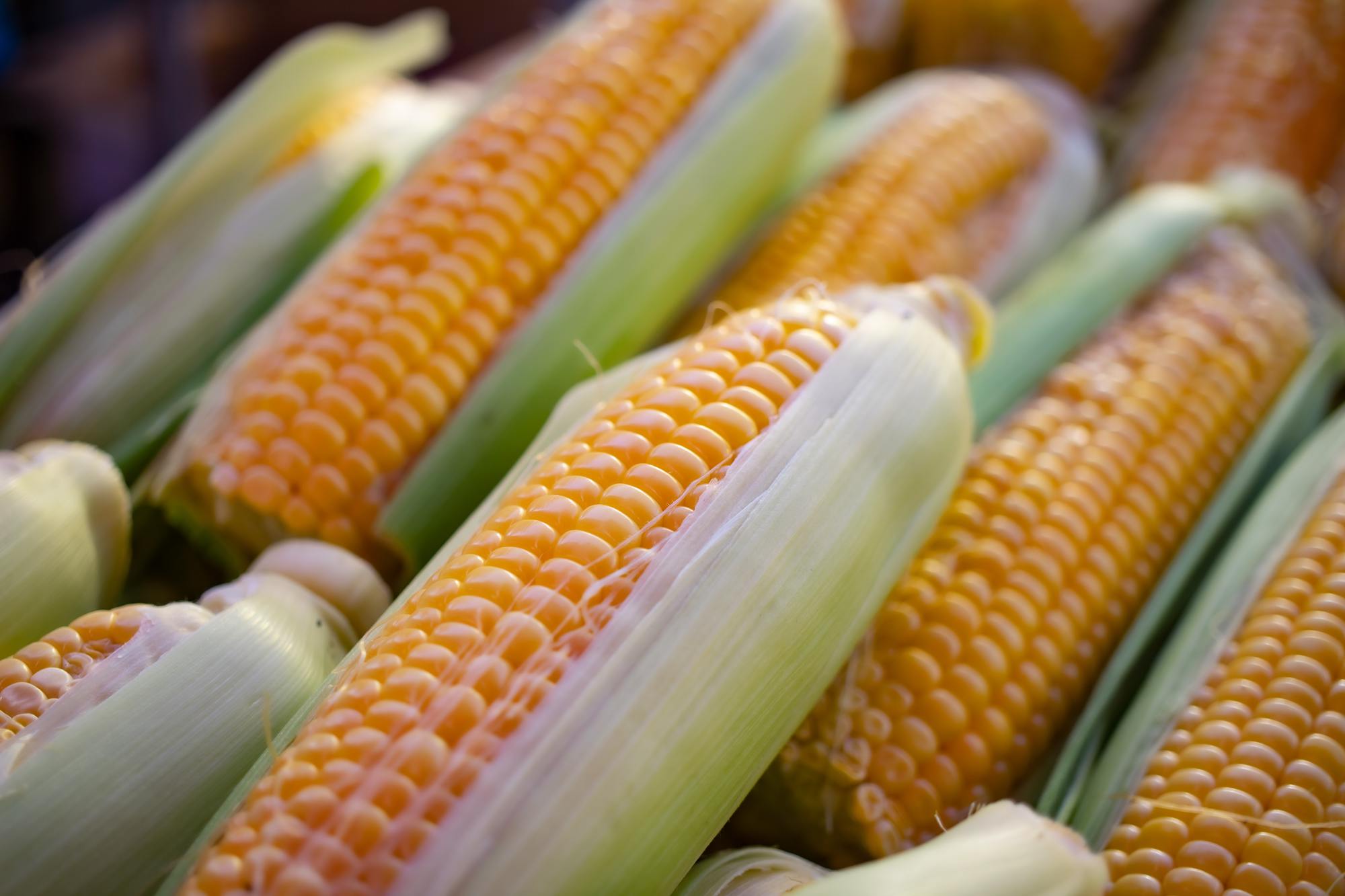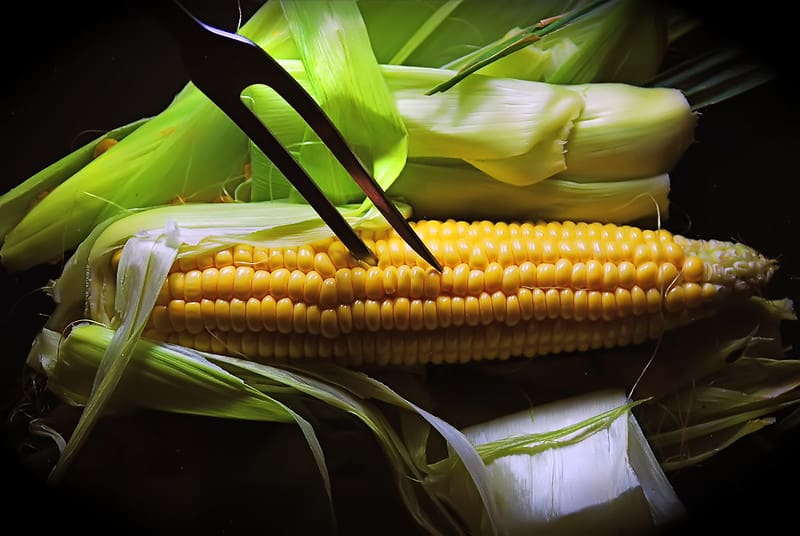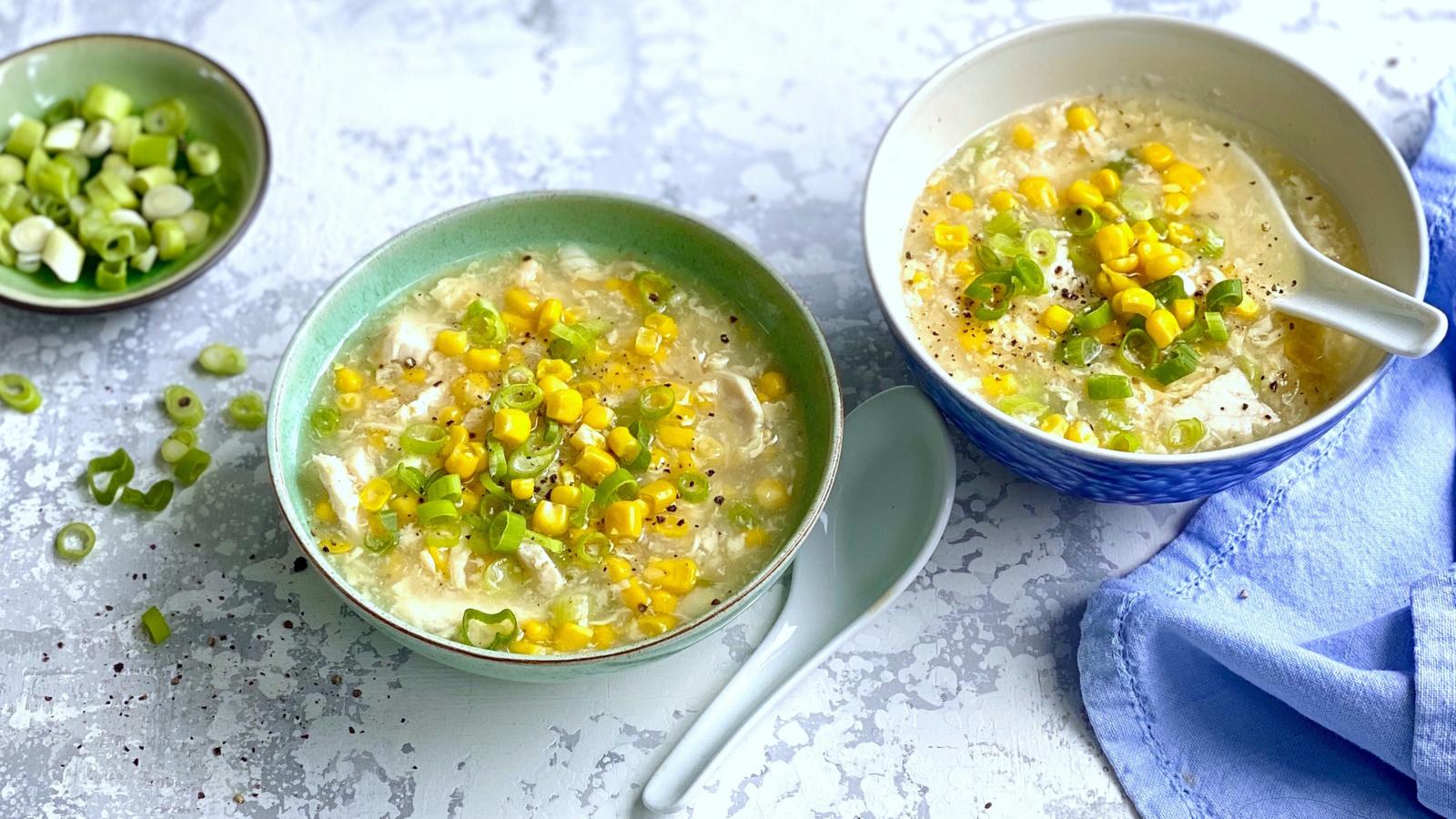10 benefits of corn that you didn’t expect

Corn is a vegetable (also known as a cereal crop) that both provides nutrients for the body, and has health and beauty effects. Photo: Unsplash
Corn (also known as corn) is a starchy, granular vegetable on the cob covered with a husk.
Corn is a favorite in summer meals. The corn is made into popcorn, perfect for movie nights or parties. In addition, corn is also ground into flour to make tortillas, or covered with corn kernels on greasy fries.
Corn offers many health benefits as it has a lot of minerals and other nutrients in it. It can be used to prevent hemorrhoids because the fiber content in corn accumulates in the stool and causes the stool to move out of the body regularly.
Nutritional value from Corn
Corn contains starch, fat, protein, and many vitamins and minerals like potassium, iron, zinc, magnesium, phosphorus and selenium. It also provides folate, vitamins C and E, and vitamin A in the form of beta carotene so corn is good for heart health, preventing anemia, good for skin and eyes…
According to Theindianmed, below is 9 benefits of corn with health, help you live healthy every day.
Corn is good for eyes and skin
Eating yellow corn can provide the body with a lot of beta-carotene, which is the substance that produces vitamin A. This is extremely good for eyesight and skin.
Some herbal cosmetics contain corn because it is very good for the skin. Homemade masks and packs using boiled corn mash into a paste can also be used to improve the appearance of the skin.

In addition to its medicinal benefits, corn offers many cosmetic benefits. It can be used topically to soothe skin irritations, rashes, and skin ailments. Photo: Unsplash
Corn helps prevent hemorrhoids
Corn has 18.4% of the recommended daily amount of fiber, which means it’s great for bowel movements.
Corn helps with digestive problems like constipation and hemorrhoids, as well as preventing colon cancer.
Fiber is great for bowel movements because it swells the stool and facilitates its passage down the digestive tract. Therefore, eating corn is also very good for people with diarrhea and irritable bowel syndrome.
Corn promotes healthy growth of the body
Corn has a high content of vitamin B components, thiamine and niacin. Thiamine helps the body improve nerve health and cognitive functions while niacin can prevent a range of problems such as memory loss and skin inflammation.
Corn is also known to be a food with a high amount of folic acid, so it is very good for pregnant women.
Corn is also rich in Vitamin E, which is a natural source of antioxidants, it protects the body from various diseases, helping you to grow without being hindered by disease.
Corn helps to gain weight
Corn contains a high amount of calories. As a result it is used for rapid weight gain. This vegetable (grain) can be grown in agricultural countries as it can grow in almost any kind of conditions.
Corn provides minerals
Corn contains all the essential minerals that the body needs. It has large amounts of copper, iron, zinc, phosphorus, manganese, magnesium and even selenium, which are not easily found in other foods.
Phosphorus helps with a number of bodily functions and can be used to regulate kidney function, stimulate normal bone growth, and maintain bone health.
Magnesium can help maintain a healthy heart rate and also increase bone density.
Corn can prevent cancer
Corn is also known for its anti-cancer properties. It is a good source of antioxidants. Antioxidants are extremely important because they eliminate free radicals in the body system. The accumulation of free radicals often leads to cancer.
Furthermore, corn is known for its ability to induce apoptosis in cancer cells and leave healthy cells untouched.
Corn also contains phytochemicals, which are also a good source of antioxidants.
Corn protects the heart
Corn has the optimal combination of fatty acids in it, which is why it allows Omega 3 fatty acids to get rid of bad cholesterol and replace them at the binding sites.
As a result, corn reduces his risk of developing cardiovascular disease significantly. It prevents arteries from becoming blocked and can even control blood pressure. It reduces the risk of heart attack and stroke.
You can cook foods with corn oil to get the above benefits.
Corn prevents anemia
Corn is rich in iron. Iron helps the body form new blood cells, which is important for preventing anemia.
It can also help avoid symptoms of anemia such as exhaustion, fatigue, weakness, dizziness, and shortness of breath.
Corn supports diabetes control
Diabetes is a deadly disease that cannot be cured, only controlled. This is why it’s so important to watch your diet if you have diabetes.
Corn contains a healthy dose of phytochemicals. Thus, you can regulate the amount of insulin in your blood. This can help control the rise and fall of sugar in the body, and thus control diabetes.



Corn can be steamed, baked, boiled, braised, stewed, chicken corn soup, or made delicious corn ice cream. Photo: Unsplash
Side effects of Corn
Corn is extremely high in fatty acids, so people at risk of heart disease should not eat foods cooked with corn oil as it can speed up the disease process.
Corn syrup has been identified as a leading cause of obesity in many countries. It can also negatively impact blood sugar levels, leading to an increased risk of type 2 diabetes. Ideally, corn syrup should be avoided at all costs.
If you have sensitive skin, or are prone to allergies, consult your doctor before adding corn to your meal.
at Blogtuan.info – Source: danviet.vn – Read the original article here



